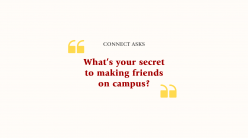Elected bodies are giving voice to student issues
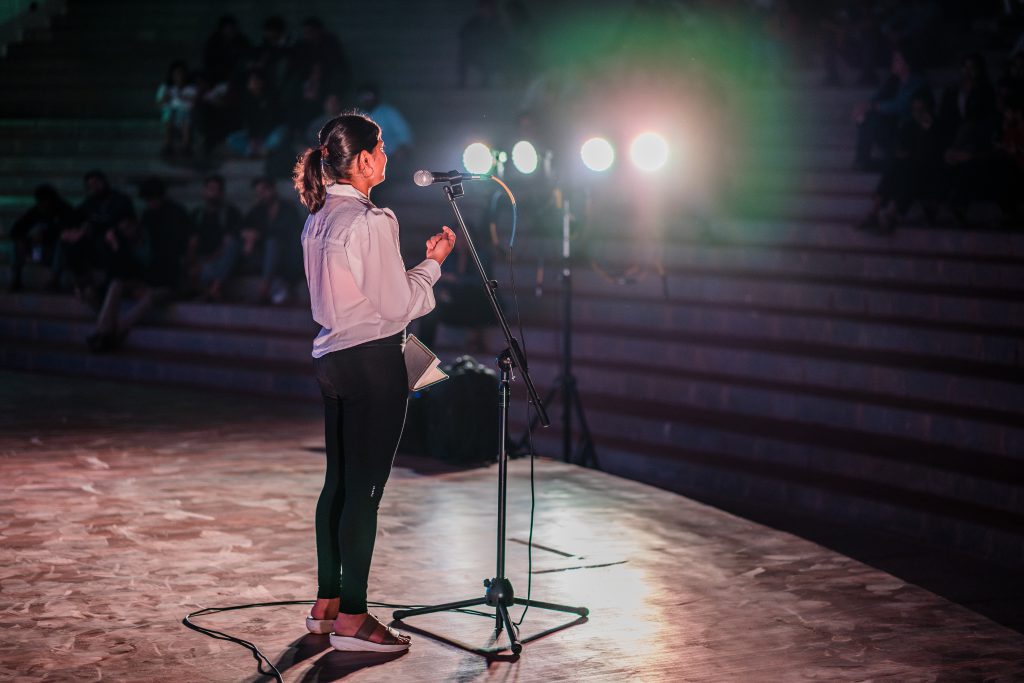
On a rainy October evening in 2024, Chiranjeevi Sadana, PhD student at the Department of Mechanical Engineering and newly elected Chairperson of the Students’ Council, is making arrangements for the first open mic of his term. The Students’ Council had finally been reinstated after six months. The unusual delay in elections, due to controversies around candidature, had soured the mood on campus, with no DJ nights, open mics or sports screenings during the gap.
Even the untimely rain could not dampen the anticipation for this first event. Suddenly, Chiranjeevi’s phone starts ringing, and his WhatsApp floods with messages. An email from the Registrar had landed stating there is to be a ban on all motor vehicles owned by students, starting from November. Frantic, Chiranjeevi calls the members of the Students’ Council to decide on a plan of action. A list of students’ concerns is compiled and presented to the administration in a series of meetings. After much persuasion, an extension of the deadline is secured till the end of December. “We brought the administration to the table and reached a compromise suitable to both sides,” recalls Chiranjeevi.
The Students’ Council, the Gymkhana Student Affairs Committee (GSAC) and the mess committees are the main student representative bodies at IISc. Composed of students from various departments and degree programmes, the Students’ Council solves issues relating to different aspects of day-to-day life on campus. It comprises a Chairperson, General Secretary, and secretaries of Hostels, Academics, UG, and Women’s Affairs. The GSAC mainly looks after concerns pertaining to the Gymkhana and its associated clubs. Mess committees, led by a mess president, are made up of student members who handle the menu and maintenance of the five messes, named A-E, on campus.
“We represent the voice of the students in decision making, bridging the gap between the administration and the students and ensuring transparency in processes,” says Yashika Kukreja, Integrated PhD student at the Division of Biological Sciences and D mess committee member.
The election process
The members of these various bodies are chosen through separate elections held at different times throughout the year. A notification from the Election Commission – comprising of professors, assistant registrars, and arbitrators – marks the start of the election process. Once nominations are filed, days of campaigning, debates, and discussions across platforms follow, during which candidates present their case, up until the evening before the election. On election day, votes are cast via a private voting link, which is emailed to students. The whole process is monitored by students and the Institute administration to ensure a fair election process. Once the voting ends, crowds gather around the Sarvam complex in anticipation. The tension is broken late in the evening when the Election Commission announces the results through email.
For the candidates seeking election, it is a long process. They begin preparations well in advance, talking to students to learn about problems and taking part in campus-related discussions. As election day gets closer, they prepare manifestos with a list of grievances that they aim to address.
Chiranjeevi recalls how he received a huge number of messages complaining about accidents and discomfort caused by potholes on campus roads, especially during the rains. He ran his campaign on the platform of road reconstruction, and it was the first issue he tackled upon taking office. “The administration wanted a permanent solution by building new roads, but that would have taken 3-4 months. We had multiple meetings with them and got them to implement a temporary fix by filling the potholes within two weeks,” he says.
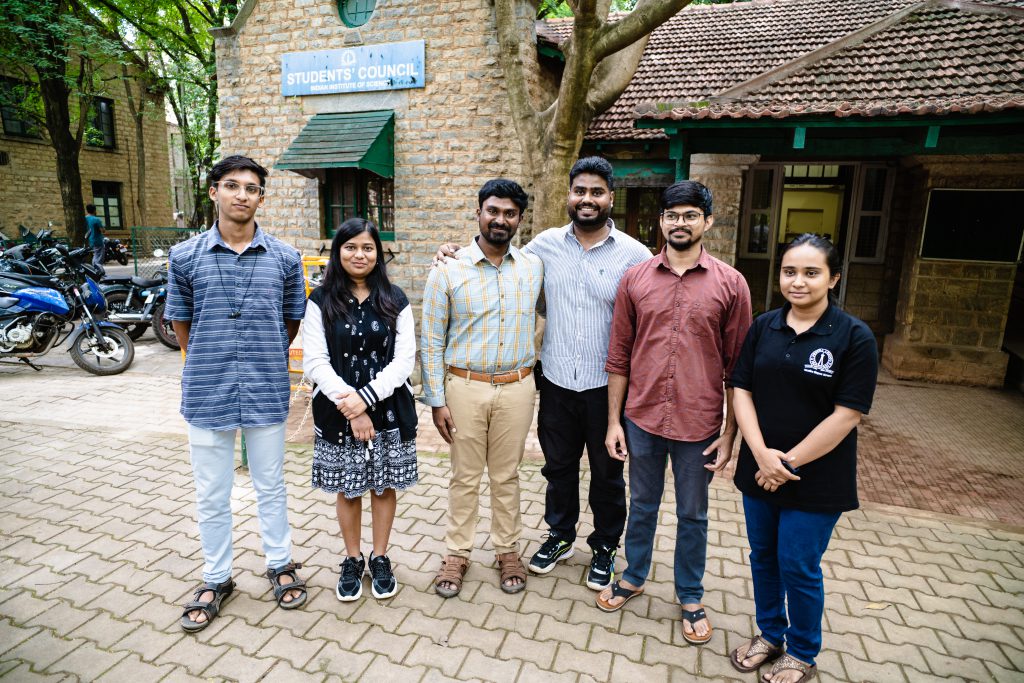
Some candidates chose to run their campaigns on problems they observed. Tarushri NS, a third year Bachelor of Science (Research) student and former Woman Committee Member of the GSAC, was one. When she saw the IISc women’s kho-kho team performing badly in IISM [Inter-IISER/IISc Sports Meet] in 2022 and noticed their absence in 2023, she wanted to help them. She got a kho-kho competition inducted into Spectrum, IISc’s inter-department sports fest. “We got a strong response and had a very good team this time,” she says. She also facilitated guided training sessions for women and organised self-defence workshops.
Often, students with shared goals and ideals form panels to present a united front, like temporary political parties, with each member contesting for a different position. This makes campaigning more effective and helps coordinate actions if elected together. But there’s a catch: when members from different panels win, they have to navigate their differences after the election. This happened for the GSAC election in 2024, when people from two different teams were elected. When they had to choose the chief coordinator for Spectrum, they ran into some trouble. “We had already thought of different candidates for the position,” recalls Sveekruth Pai, PhD student in the Interdisciplinary Programme in Brain, Computation and Data Science, and former Secretary of the GSAC. “However, we had a discussion and reached a unanimous decision and selected both as co-coordinators for the event,” he adds.
For the students
Winning the election is only half of the slog. Each body must also come up with feedback mechanisms to collect updates actively. Rankit Kachroo, PhD student at the Robert Bosch Centre for Cyber-Physical Systems and D mess committee member, explains how their committee has identified people from different backgrounds in the mess to provide feedback. “If we want to introduce a dish from a certain state, we’d call some boarders from that state and ask whether it tastes right,” he shares. C mess has a discussion group where people give their feedback and opinions. “We also circulate forms to ask which dishes people want on the menu,” says Lukalapu Mohnish, second year Bachelor of Technology student and member of the C mess committee.
The Students’ Council prefers to have regular General Body Meetings, open for all students, to collect feedback directly from individuals. “We also attach our phone numbers with the emails we send so that people can access us easily,” explains Utsav Swarnkar, PhD student at the Department of Design and Manufacturing and current General Secretary of the Council. “When our term started, we received complaints that there were no dustbins on the road and people had to carry trash till they reached the departments or hostels. We identified locations, took permissions from department chairs, met with the dean and the registrar, and finally got 20 dustbins installed,” he adds. The GSAC, on the other hand, relies mainly on convenors to gather intel about problems.
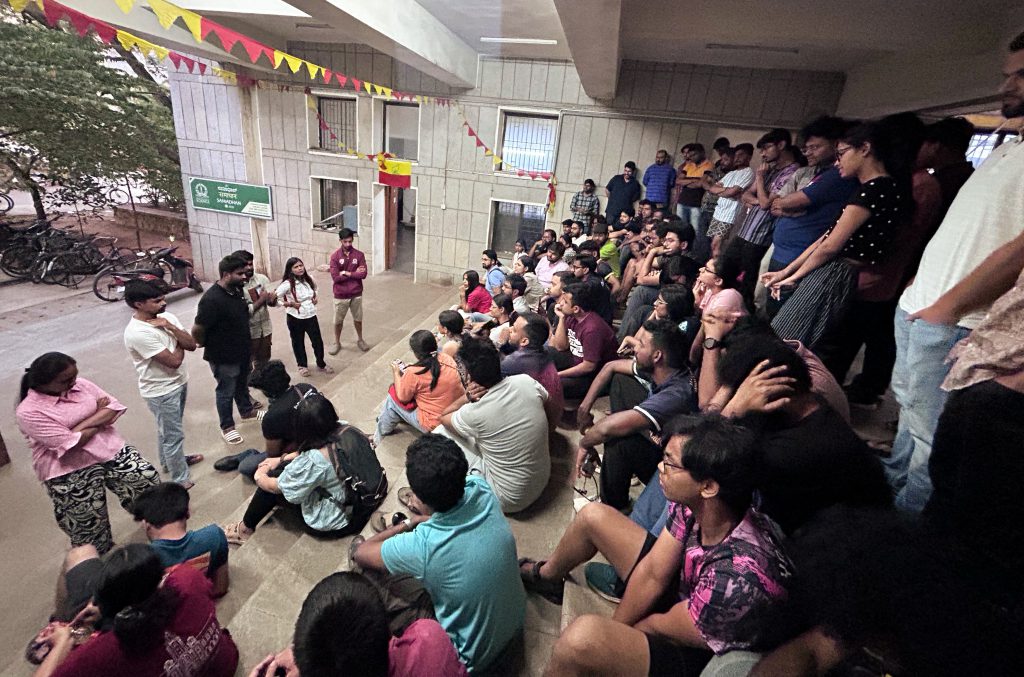
In addition to routine work, the representatives often have curveballs thrown at them. Muhsin Chalil, PhD student at the Department of Bioengineering and a C mess committee member, says, “Recently, many boarders had signed off during Ramzan. When they returned after Eid, the food demand shot up beyond our control, causing a shortage,” he recalls. “Usually, we prepare for such changes during the quarterly mess change window, but this was not such a time. We also keep buffers. Since the committee is the custodian of the money that people [students] are paying, we need to ensure that we don’t waste a lot.”
Similarly, the old Gymkhana that housed the gymnasium, aerobics, and dance rooms, and dedicated spaces for indoor games, was recently demolished to make way for a new Gymkhana complex. The GSAC was tasked with identifying locations on campus where the facilities could be temporarily shifted. It was challenging as most of the hostels and spaces were out of the question because of the noise that the activities would generate. “We also had to manage the slots for dance and aerobics since the space became limited and 4-5 groups required them,” says Sveekruth.
‘During festivals, we incorporate regional dishes in a special menu, planning two weeks in advance’
The student bodies also organise DJ nights, open mics, special meals, and sports and cultural events. The events don’t just help relieve the monotony and stress of academics, but also the homesickness that students feel. “During festivals, we incorporate regional dishes in a special menu. We Google the preparation, start planning two weeks in advance, sit with the staff to see what all they can make, and check the budgeting and procurement,” explains Yashika.
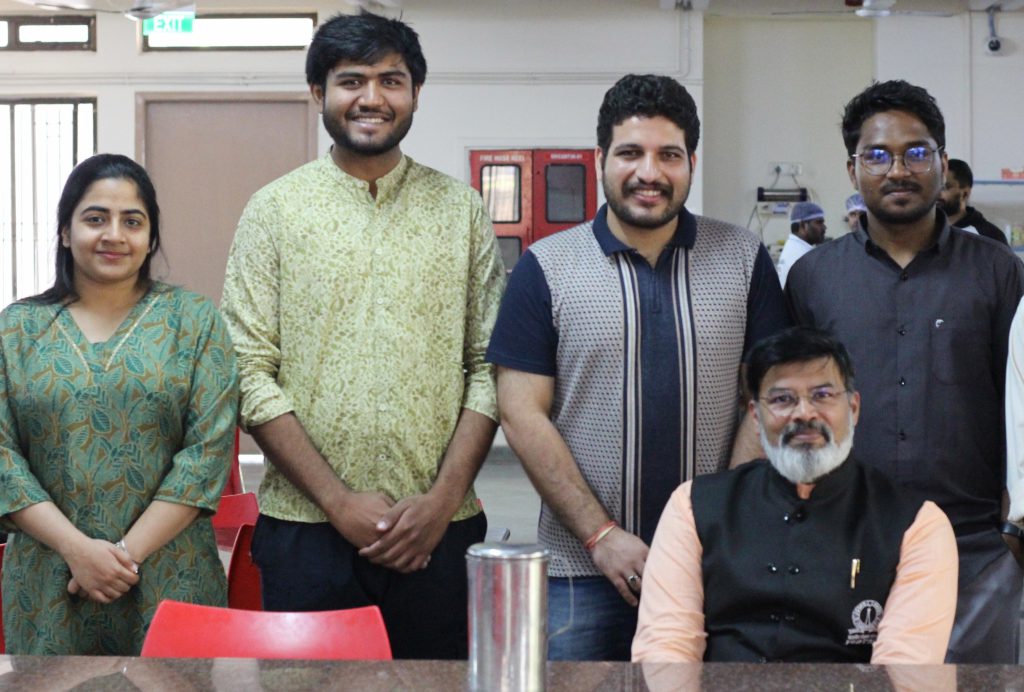
Navigating hurdles
The student bodies also often take on the job of interacting with members of the Institute administration to solve problems faced by students, mainly to make the former understand the latter’s needs better. For example, upon the construction of new sports grounds in 2024, the Gymkhana office proposed a “user fee” to encourage the responsible use of the new facilities. However, such a fee, above the annual Gymkhana fee, would have discouraged people from playing, especially those who used the facilities only occasionally. The GSAC decided to raise the concern formally with the Gymkhana office.
“We conducted polls across groups and found that most people rejected such a subscription fee. We called a meeting with the President and Deputy Registrar of Gymkhana and presented the findings. They agreed to cancel the additional fee, and instead, the usage rules were made stricter,” recounts Sveekruth.
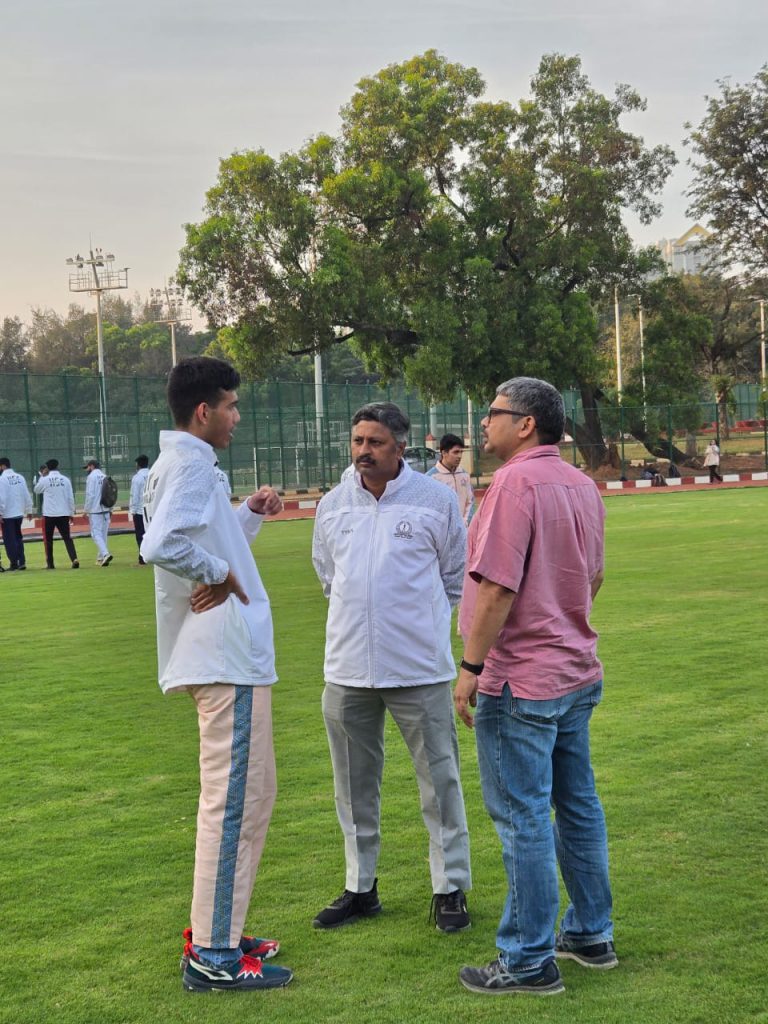
In another incident, the new Tunga and Aryabhatta hostels were not being allotted to new students, forcing them to stay outside campus and pay rent. The problem was because the CPWD (Central Public Works Department), the construction agency, had not handed over the apartment to CCMD (Centre for Campus Management and Development), the campus civil maintenance body. The Students’ Council intervened, pushing the administration to get the approvals quickly, as well as shifting students at the earliest. This resulted in the students being moved in early, and the remaining construction work was to be finished later.
Several student representatives feel that one of the more overlooked challenges is the lack of communication between the administration and the various student bodies. Procedural delays can also complicate matters. Muhsin, for example, laments that they have to go through an auditing process every time before any new cutlery can be procured, even when there is a shortage. The GSAC also once saw a change in their Deputy Registrar in the middle of the term, which added to their challenges because new officials can take time to adjust and build a rapport with the team.
Each committee or student body has its own “jurisdiction”, which can create unique challenges
Additionally, each committee/student body has its own “jurisdiction”, which can create unique challenges. This became evident during the organisation of Sangam, the annual freshers’ event. “Generally, the Students’ Council takes care of the logistics and finances of events, while GSAC organises cultural and talent showcases. However, since the elections got postponed, we didn’t have a Council in place, and the administration refused to release funds to the GSAC. We had to organise the event on a limited budget and were also barred from using the name Sangam,” explains Tarushri. This happened again when they proposed hosting the IICM (Inter IISER Cultural Meet) at IISc this year. “We had prepared the budget, contacted all IISERs, and even checked the accommodation. But we were told that since the Students’ Council is not in place, funds could not be released, even though the Council has never had any role in IICMs before,” she adds.
With such struggles and the sheer personal commitment that being part of these bodies requires, why do students take up the mantle? Many say that it is a crash course for their ambitious future as thought leaders. So many lessons emerge from their experiences. How to tackle conflict between students, conveners, and the administration. How to rally the troops and democratically reach a united front. How to multitask and learn the art of diplomacy, all in the face of public scrutiny. “I saw this as a challenge that would help me grow personally, developing my skills in communication and problem-solving,” says Yashika. Others like Chiranjeevi see it as a natural calling, their chance to make a meaningful difference. He says, “I’ve always felt a responsibility to stand up when things need to change. Instead of waiting for someone else to fix the problems, I want to be part of the process.”
Shloak Vatsal is a third year Bachelor of Science (Research) student at IISc, and a former science writing intern at the Office of Communications
(Edited by Sandeep Menon, Abinaya Kalyanasundaram)

